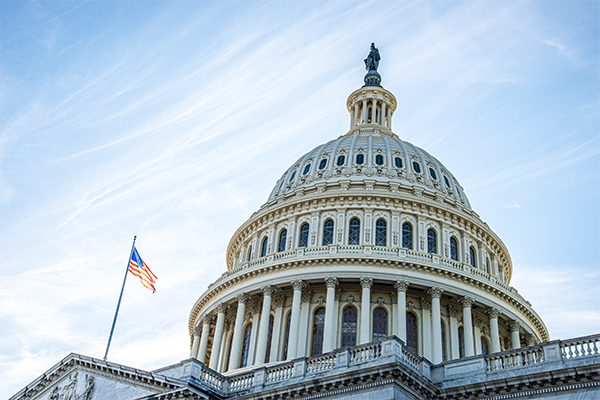Industry advances environmental thought leadership
Environmental thought leadership was a central focus of Propane Education & Research Council (PERC) and National Propane Gas Association (NPGA) meetings in early February.
A task force of industry leaders – including PERC and NPGA staff, state executives, industry veterans, and technical and scientific personnel – are taking the next steps to position propane in the national energy conversation.
Tucker Perkins, president and CEO of PERC, explains that the task force meets regularly to tackle two goals:
1. Renewable propane messaging: The task force is brainstorming how to talk about renewable propane and renewable blends with industry members and the broader public. The discussion involves marketing and branding considerations, as well as “how to expand on these messages to make the messages more easily heard and understood,” says Perkins.
2. Responding to erroneous information in the media: For example, in the past few months, headlines have suggested gas stoves are harmful to health and the environment. The propane industry contends the studies cited in these reports are either flawed or reported out of context, says Perkins. The task force is strategizing ways to respond to misinformation that threatens the propane industry.
“If they can eliminate a stove, then to a degree they may have already won the war of eliminating gas in the home,” says Perkins. “How do we respond to those kinds of things – where do we respond and what do you say?”
The task force aims to draw conclusions in these two areas by April, according to Perkins.
Marketing communications docket passed
PERC approved about $9.4 million for 2022 integrated marketing communications, which encompasses programming for all markets, environmental thought leadership, corporate communications, and digital development and reporting.
The 2022 program is designed to carry PERC’s new brand identity, PROPANE Energy for Everyone, to deliver priority messages to consumer and business audiences:
- Propane accelerates decarbonization.
- Propane ensures energy equity.
- Propane keeps families safe and comfortable.
- Propane helps companies save money, cut emissions and achieve resiliency in an uncertain world.
Renewable propane: Be part of the solution
It’s not enough for propane retailers to know that renewable propane exists. Tucker Perkins, president and CEO of the Propane Education & Research Council, wants retailers to be able to speak about it as a way to combat those who contend fossil fuels are bad and, therefore, won’t do business with the propane industry.
“You are influential people in your community,” he says. “Conventional wisdom is fossil fuels are bad. If you can refute that, you’ll be a healthy part of the solution.”
That’s the first point in a list of five ways retailers should approach renewable propane:
1. Know enough to speak about it.
2. Discuss it with your suppliers.
3. Discuss it with your customers.
4. Discuss it within your state associations.
5. Be aware of the changes in the landscape.
“We need to present ourselves as fuels of the future, people of the future, companies of the future,” Perkins says.
A dynamic conversation
Dave Bertelsen, national propane product manager of Matheson and a PERC councilor, explains that the industry must continue to tailor its messaging to a wide audience that is often divided along geographic and political lines.
Different points of emphasis are required in different contexts, he notes. For example, while rural audiences understand propane because they use it often and depend on it, urban audiences need to be educated about its benefits:
“People don’t understand that you don’t just plug into the wall and electricity appears. You lose 65 percent of the efficiency. Today, the more electricity we use, the more carbon we’ll pump into the atmosphere. That’s the facts. People don’t understand the full fuel cycle. We need to educate them.”
Featured homepage illustration: wildpixel/iStock / Getty Images Plus/Getty Images
















